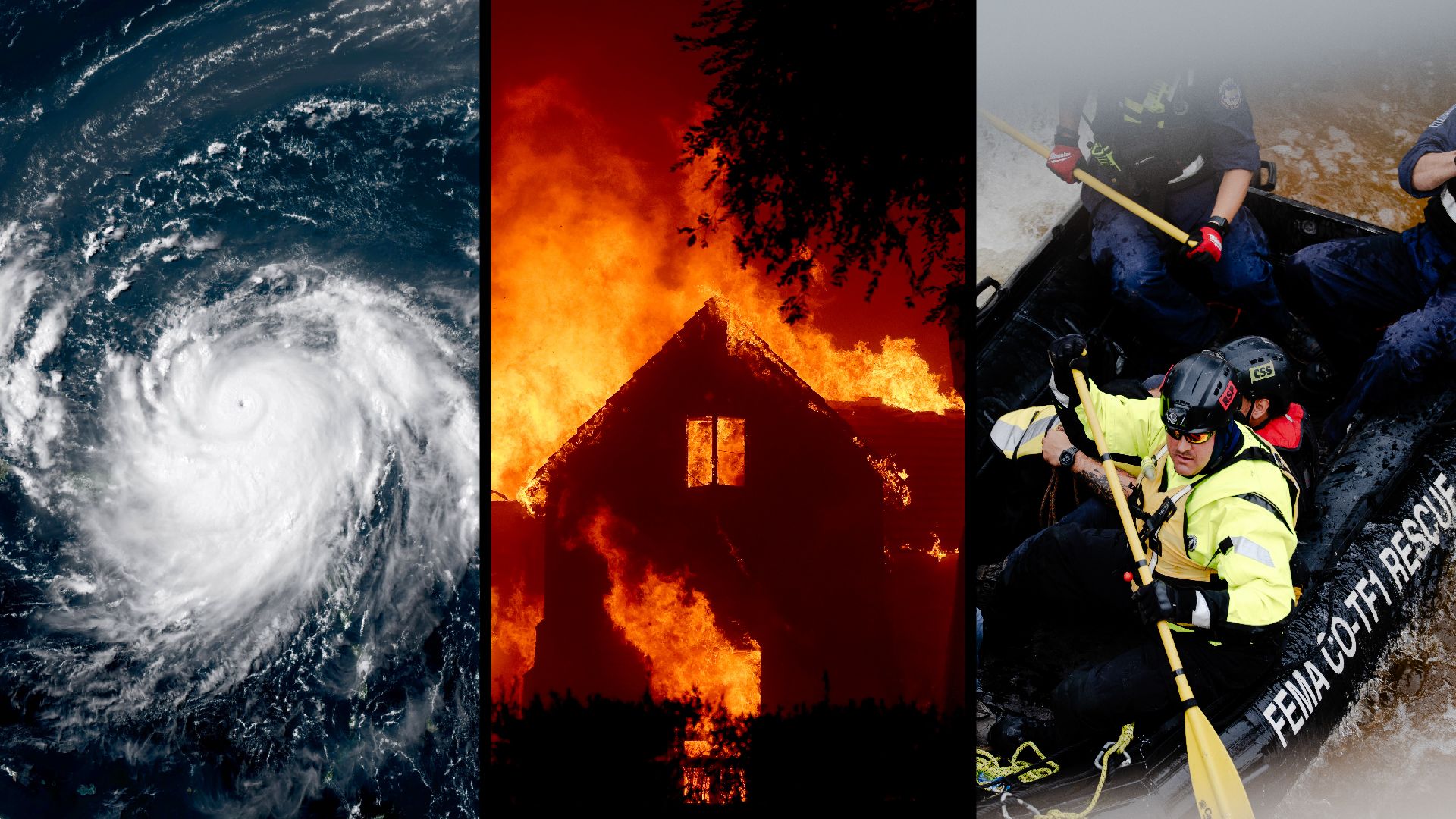Sydney, Australia — As temperatures drop and Australians bundle up against the winter chill, it's easy to question the reality of global warming. But climate experts are urging people not to let frosty mornings cloud the bigger picture.
In a recent TikTok video shared by AAP FactCheck (@aapfactcheck), climate expert Susie Dodds from the Australian Associated Press (AAP) explained why cold weather in July doesn’t contradict decades of scientific evidence pointing to a warming planet.
“A cold snap in July doesn't suddenly erase decades of evidence supporting the reality of global warming,” said Dodds. She pointed out that July is mid-winter in the Southern Hemisphere, and many Australian homes are poorly insulated—factors that contribute to the chilly indoor conditions many have experienced.
Dodds emphasized the vital distinction between weather and climate. Weather refers to daily atmospheric conditions—like rain, wind, or unusually cold days. Climate, on the other hand, refers to long-term trends observed over decades. “Weather is it's raining today. Climate is the reservoir is still half empty,” one commenter aptly summarized.
Despite the cold in Australia, parts of the Northern Hemisphere have faced record-breaking heatwaves, which scientists have long warned about. According to data from the National Oceanic and Atmospheric Administration (NOAA), global temperatures have risen by 0.4°F per decade over the last 40 years.
This warming is largely driven by human activities, particularly the burning of fossil fuels. These release heat-trapping greenhouse gases that accumulate in the atmosphere, acting like an invisible blanket around Earth. About 90% of this excess heat is absorbed by the oceans, intensifying hurricanes, droughts, and other extreme weather events.
“More extreme, unpredictable, and chaotic weather” is now a hallmark of climate change, Dodds added. This includes droughts, floods, heat waves, and sudden cold snaps—what scientists call "weather whiplash."
The consequences extend far beyond temperature changes. Rising global temperatures contribute to health issues, the spread of disease, melting ice caps, and rising sea levels.
Dodds concluded with a powerful reminder: “Next time someone says, ‘So much for global warming!’ after one frosty morning, remind them they're confusing short-term weather in one area with a long-term global crisis.”
Public awareness and education are crucial in combating climate misinformation. Individuals can make a difference by sharing facts, reducing energy use, and encouraging informed conversations.







